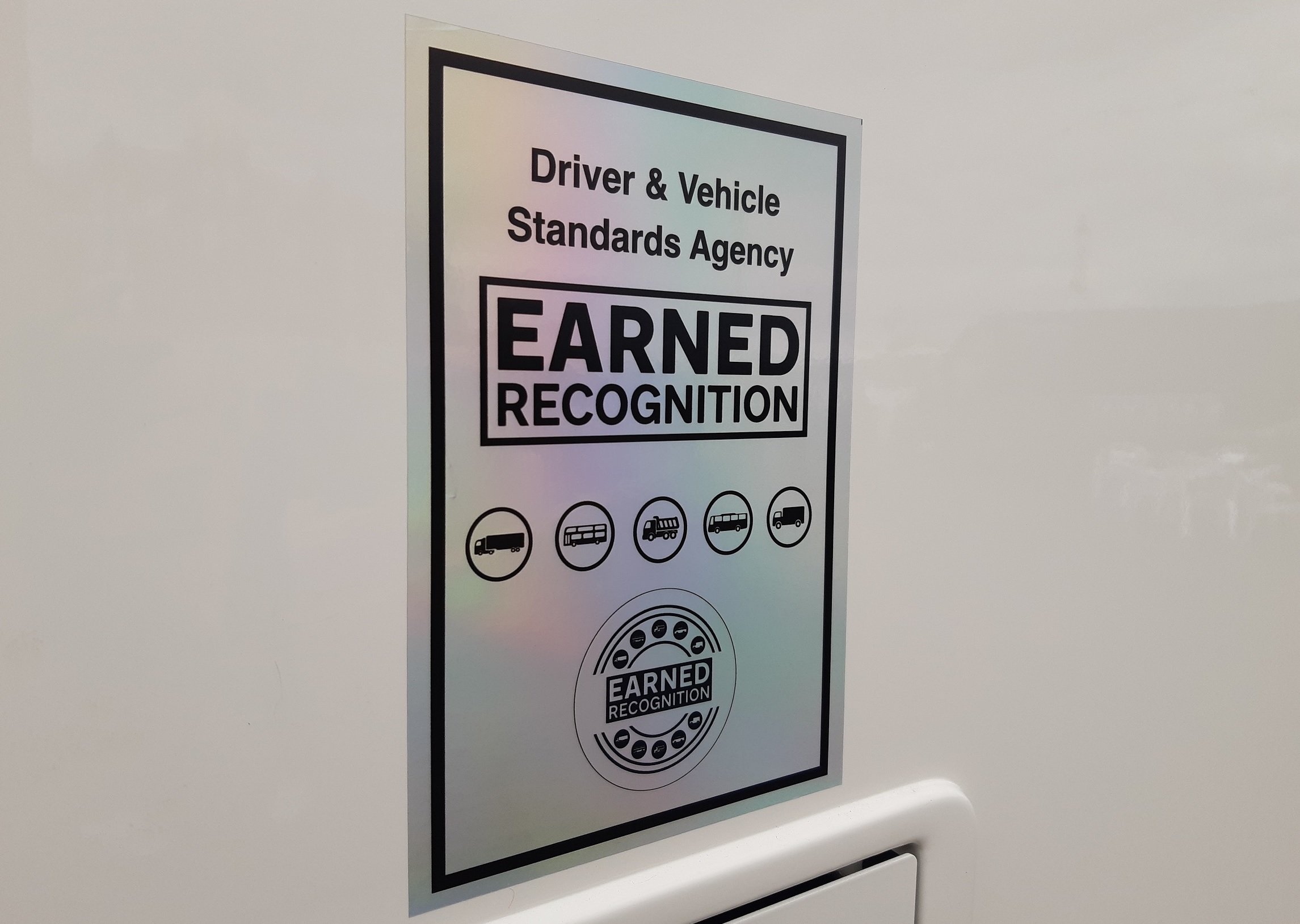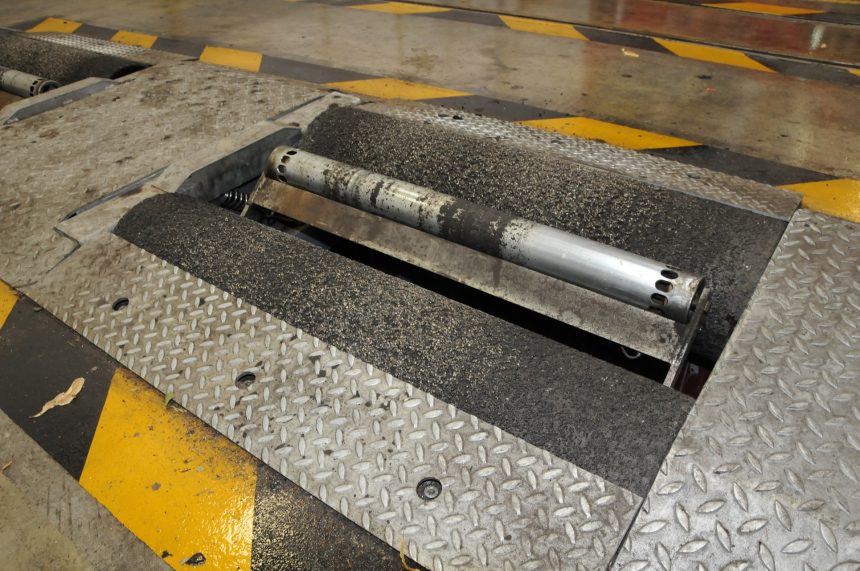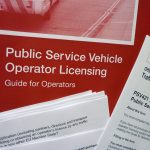Any reform of the heavy vehicle testing regime for operators that are part of DVSA’s Earned Recognition (ER) scheme is reliant on further assessment work, it has been revealed.
That position is laid out in a government response to a call for evidence (CfE) built out of the heavy vehicle testing review process. The CfE sought opinions from stakeholders on four options for reform of heavy vehicle testing for ER members.
A description of further steps from the Department for Transport (DfT) states that of those, two – reduction in test frequency and introduction of delegated testing – will see further consideration. Another – improved service provision – is already in hand. A fourth option, which would have reduced test content for ER members, appears to have been dropped.
Notably, the government response highlights that changes to ER could be necessary if either of the two options requiring further evaluation are to proceed.
DfT says that the CfE has not provided “significant information” on whether ER in its current form “provides the confidence to implement either option and if adjustments can be made to ER to mitigate any risks of these changes.” A better understanding of the practicalities and legal implications is also required.
A proposed reduction in annual test frequency to biennial for vehicles operated by ER members is “suggested” by DfT to receive further work. It advocates an assessment of whether that widening would lead to a reduction of in-use condition between tests, and whether changes to ER “can mitigate any such risk.”
To that end, DfT says that such efforts would need to evaluate how to ensure that ER “continues to have sufficient data to be effective in identifying highly compliant operators,” which it notes could include specific records of a periodic inspection at the mid-point of a two-year test cycle.

Other areas to be further explored are within the DfT response, including points relating to international operation and what happens with testing when a vehicle moves between ER and non-ER operators, or when an operator is ejected from ER.
Beyond that, further assessment of the option relating to delegated testing for ER members will take place, although DfT gives no further information on what that stream of work could involve. A final decision on which, if any, option for change is adopted will follow.
Analysis of stakeholder responses to the CfE shows that 89% of ER members believe that the testing regime for those operators should be amended, against 30% of non-ER operators. That ER members provide “greater evidence of their standard of maintenance” is cited as a common reason for advancing that reform.
DfT notes that overall support for a change to frequency of vehicle testing was “moderate,” adding that the number of responses and evidence to support it was limited. Not all ER members that responded to the CfE are in favour of the extension.
Hinting that such overhaul is unlikely without accompanying measures, the government response flags a worry that widening of the test frequency “could increase road safety risks if not supervised properly and without adequate safeguards.” However, it acknowledges the benefits that both options requiring further work would bring to ER members.
The government also airs concern around delegated testing. The CfE proposal would allow ER members to test their own vehicles, but DfT notes that for most of those operators, testing would need to be ‘sub-delegated’ to a third party, which would add complications.
Read the government response here, and the analysis of stakeholder responses here.



























